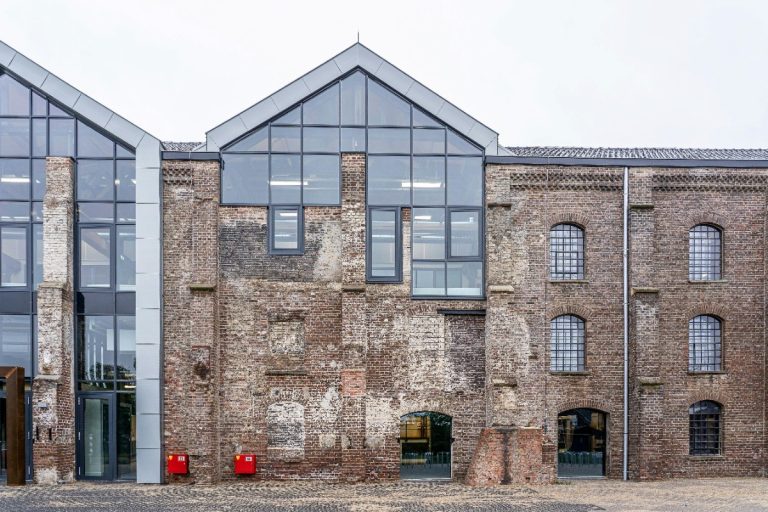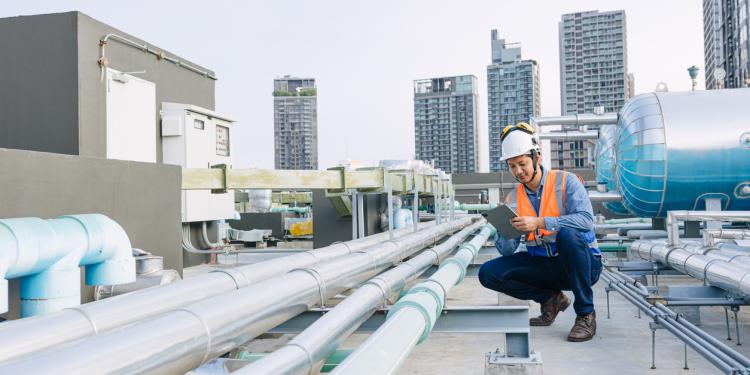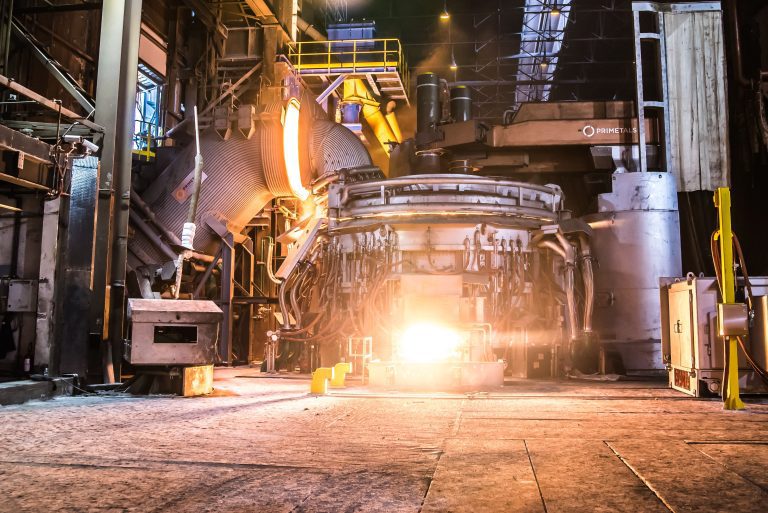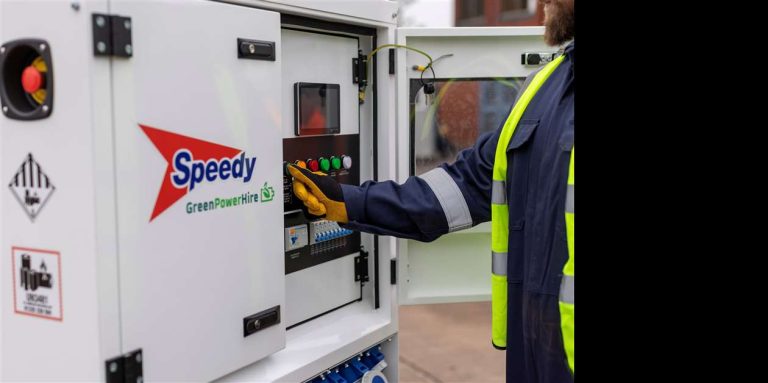Energy efficiency upgrades to create better buildings for local people and help put UK on track for 2050 net zero targets Schools, hospitals, libraries, leisure centres and town halls across England are among the latest public buildings set to benefit from a multi-million-pound investment to reduce energy use, cut carbon emissions and modernise essential community spaces. The £815 million of funding, delivered through Phase 4 of the Public Sector Decarbonisation Scheme, enables public sector organisations to install a range of energy efficiency and low-carbon technologies including heat pumps, solar panels, insulation and low-energy lighting. This includes 244 projects. The scheme is delivered by Salix on behalf of the Department for Energy Security and Net Zero. The Department has published a full list of grant recipients available on www.gov.uk. The building improvements will reduce reliance on fossil fuels, lower energy bills, and contribute to the UK’s ambitious goal of reaching net zero by 2050. The Phase 4 projects are expected to save direct carbon emissions of around 164,000 tonnes per year – the equivalent to taking roughly 330,000 average diesel cars off the road. Phase 4 is delivered by Salix with project work running until 2028 when projects complete. Salix works closely with each public sector organisation to ensure projects are successfully delivered. The team at Salix offer one-to-one support through relationship managers as well as a whole host of tools through our website and regular webinars and workshops. Salix chief executive Kevin Holland said: “From school classrooms to hospital wards and libraries to swimming pools, this funding is making a real difference for our communities. “People who use these buildings – and that’s all of us – can enjoy warmer, more comfortable spaces that are easier and more efficient to heat and to power. These buildings are being future-proofed for generations to come.” Alongside the Department for Energy Security and Net Zero, Salix supports the NHS, schools, council, universities and other organisations to meet net zero ambitions. Since the launch of the Public Sector Decarbonisation Scheme in 2020, nearly 1,500 projects have been funded to decarbonise thousands of buildings. Salix work alongside organisations supporting the installation of solar panel and heat pump projects and other energy efficiency measures. This effort rejuvenates public buildings and raises climate action awareness. New projects receiving funding in Phase 4 include: Northumbria Healthcare NHS Foundation Trust, North EastReceived £5,939,357 to decarbonise Hexham General Hospital. Air and water source heat pumps will replace existing systems, alongside new thermal stores, heat meters, and a cooling system. Shropshire Council, West MidlandsAwarded £2,454,400 to decarbonise SpArC Leisure Centre in Bishop’s Castle. Measures include an air source heat pump, pipework upgrades, and a new building energy management system. Merseyside Police, North WestGranted £758,000 to decarbonise Lea Green Training Centre in St Helens. Upgrades include air source heat pumps, solar panels, LED lighting, roof insulation, and a new energy management system. Diverse Academies Trust, East MidlandsAwarded £2,025,465 for Tuxford Academy in Nottinghamshire. An old boiler will be replaced with an air source heat pump. Additional improvements include LED lighting, ventilation, and a cooling system. Breckenbrough School Limited, Yorkshire and the HumberReceived £688,500 to decarbonise Breckenbrough School in North Yorkshire. The project includes an air source heat pump, pipework improvements, roof insulation, and an energy management system. London Borough of Hackney, Greater LondonGranted £6,594,250 to decarbonise nine schools. All will receive air source heat pumps, thermal stores, and building energy management systems to boost efficiency. Chesterfield Borough Council, East MidlandsAwarded £2,394,413 to decarbonise Staveley Healthy Living Centre. Improvements include air source heat pumps, ventilation systems, and a new energy management system. Liverpool Hope University, North WestReceived £310,000 to decarbonise multiple campus buildings. Upgrades include air source heat pumps, electric heaters, loft insulation, and improved glazing. Alsager Town Council, North WestGranted £141,500 to decarbonise Alsager Civic Hall in Cheshire. The project includes an air source heat pump, solar panels, roof insulation, LED lighting, and a building energy management system. Wiltshire Council, South WestAwarded £939,594 to decarbonise Bourne Hill council offices in Salisbury and Devizes Leisure Centre. Both sites will receive air and water source heat pumps. For a full list of grant recipients, visit www.gov.uk Kevin added: “Climate change is on our doorstep, and we have no time to stand still. “Together we can achieve positive results on climate. Addressing the energy efficiency of our public buildings moves us in the right direction. “The Public Sector Decarbonisation Scheme breathes new life into these buildings, that might otherwise have been left to deteriorate. Today’s funding creates better facilities for communities and a healthier future for us all.” Building, Design & Construction Magazine | The Choice of Industry Professionals














